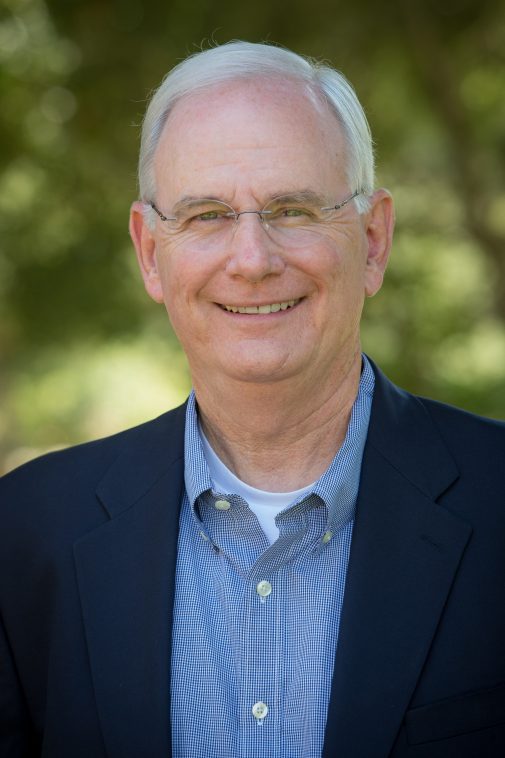Downtown Talk on Future U.S. Economy
By
Westmont

Martin Asher, professor of economics and business, will speak about the interplay between fiscal and monetary policy in 2017 and beyond on Thursday, Oct. 12, at 5:30 p.m. at University Club, 1332 Santa Barbara St. The Westmont Downtown lecture, sponsored by the Westmont Foundation, is free and open to the public. No tickets are required; the limited seating is available on a first-come, first-served basis. For more information, please call (805) 565-6051.
“Though Congress has yet to formulate its plans on many critical issues, considerable discussion has occurred there and from the administration regarding fiscal policy proposals in the areas of business tax cuts, personal tax cuts and spending on infrastructure. Depending on what is ultimately enacted, how might the Federal Reserve respond? What will likely happen to the macroeconomy, that is, to production, unemployment, inflation, and interest rates?” Asher says.
After completing his undergraduate degree at Stanford, Asher made his way to Washington, D.C., combining his love for math and national policy issues in the field of economics. He took a year of absence from Stanford to work on Capitol Hill writing memos on the state of the economy to Sen. Edmund Muskie, chairman of the Senate Budget Committee. He subsequently earned a doctorate in economics from the University of Pennsylvania, having studied with Nobel Laureate Professor Lawrence R. Klein.
Asher, former director of Research and Scholars Programs at the Wharton School of the University of Pennsylvania, joined the Westmont Economics and Business Department as professor of economics. He taught the honors sections of both microeconomics and macroeconomics at Wharton, earning the William G. Whitney Award for Distinguished Undergraduate Teaching six times. He has also taught at Villanova University and Swarthmore College.
He has published articles about unsuccessful settlement negotiations, antitrust policies, state and county incarceration rates and earnings inequalities. He has often provided expert testimony on the economic implications of antitrust and discrimination cases.
Filed under
Academics, Alumni, Campus Events, Faculty and Staff, Giving, Lectures, Press Releases